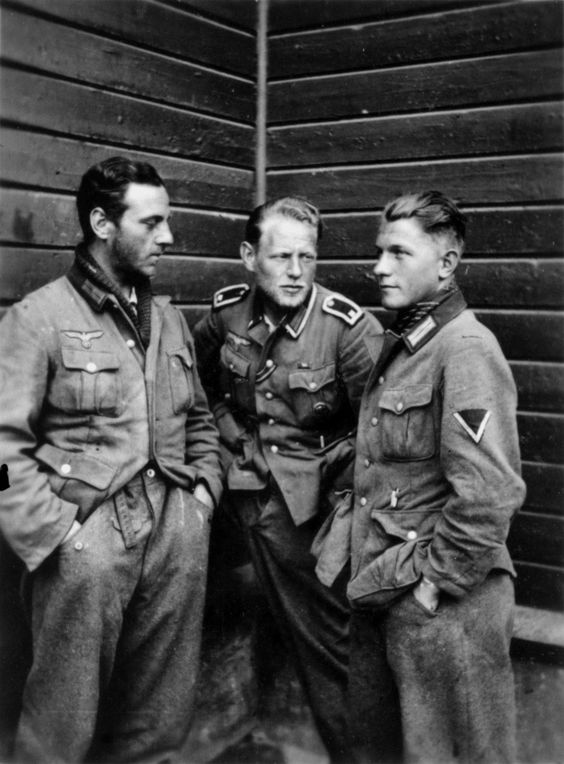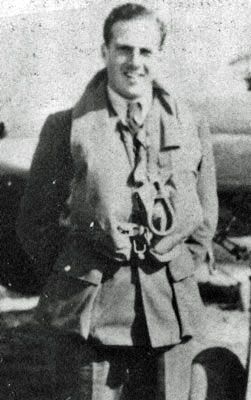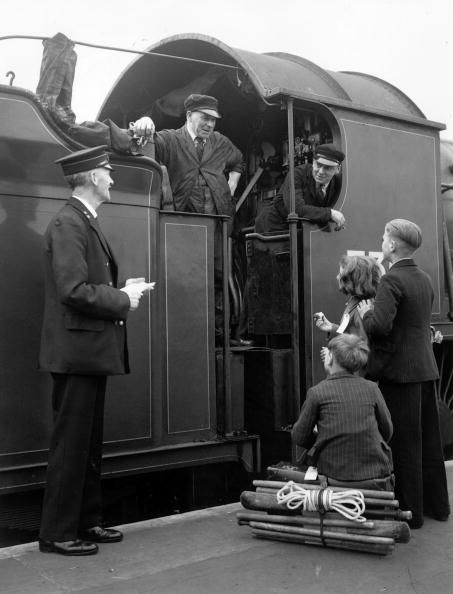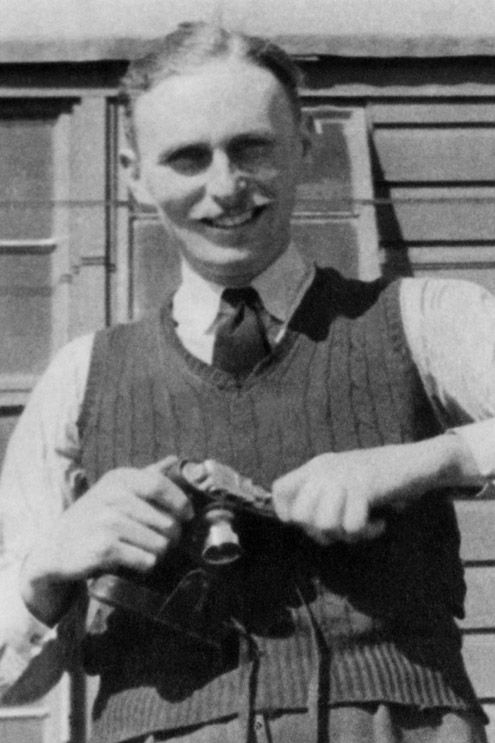Thursday 27 June 1940
 |
| Italian 500 lb bombs destined for Malta, June 1940. |
RAF Bomber Command sends a dozen bombers to attack German targets during the day, and more at night. Bomber Command also attacks Dutch targets, primarily airfields, and French targets along the coast.
The Luftwaffe continues returning fighters to Germany for rest and refit. II./JG 52 returns from Luxemburg/Sandweiler to Nordholz to work on its Bf 109E fighters. JG 2 flies to a new "airfield" at Beaumont-le-Roger which is actually an uncut wheatfield. The flight lands successfully and spends the evening clearing the field.
At Malta, air raids continue throughout the day. Paranoia grows about every violation of the blackout. The Governor and Commander-in-chief reject an offer of French Foreign Legion troops based in Tunis, Tunisia to defends the island. There are no plans to deploy additional British troops to defend the island. The Italian air raids are incessant, but there are no signs of any attempt to invade.
 |
| Sea Gladiator "Faith," one of the few RAF defenders of Malta in June 1940. |
At 17:00, U-47 does the same thing to 2,580-ton Dutch tanker Leticia. Three of the crew from the Leticia wind up in the water, and U-47 rescues them, gives them food and wine, and takes them to the lifeboats. Two crew perish and 28 survive.
The British War Cabinet orders the Royal Navy to seize or destroy all French warships in British and North African ports. The newly formed Royal Navy's Force H under Vice-Admiral Sir James Somerville is sent to Algeria pursuant to this directive, which suggests there could be naval combat brewing between the Royal Navy and the French fleet. The French battleship Jean Bart has been moved from St. Nazaire to Casablanca, Morocco and its guns are ready for action.
Convoy OA 175 departs from Southend, Convoy OB 175 departs from Liverpool, Convoy OG 35 forms off Gibraltar.
The keel for battleship USS Iowa is laid at the Brooklyn Navy Yard.
U-138 (Oberleutnant zur See Wolfgang Lüth) is commissioned.
Western Front: German forces are still occupying French towns in the south. There are still some British evacuations pursuant to Operation Ariel along the French Mediterranean coast.
British and French POWs are being marched back to Germany through Holland. They are not treated with much kindness, though the Dutch civilians try to help by giving water.
 |
| Italian bombs dropping in Malta. |
British destroyers HMS Dainty, Defender and Ilex sink Italian submarine Console Generale Luizzi south of Crete.
British submarines HMS Odin and Orpheus are confirmed lost. The former is presumed to have been sunk in the Gulf of Taranto, the latter in transit between Malta and Alexandria.
British destroyers HMS Kandahar and Kingston shell beached Italian submarine Macalle on the Eritrean coast near Port Sudan, destroying it.
Italian bombers attack Sidi Barrani and Buq Buq.
Soviet/Romanian Relations: King Carol has a meeting with German and Italian representatives about the Soviet ultimatum. They encourage him to give in. Accordingly, Romania accedes to the Soviet ultimatum of 26 June and cedes 17,000 square km of land in Bessarabia and Northern Bukovina to the Soviet Union. The USSR rudely and peremptorily replies to his diplomatic note agreeing to "immediate negotiations" with a precise timetable on when the Romanians should evacuate the territory. The Romanians must be out completely within four days. There will be no "negotiations" when the USSR delivers an ultimatum.
Hungarian/Romanian Relations: The Hungarian government demands the return of Transylvania from Romania and masses nine battalions on the border.
US/Australian Relations: Australian representatives hold a secret meeting with US Secretary of State Cordell Hull. They are worried about growing Japanese aggressiveness and want a bigger US presence in the western Pacific. No agreement is reached.
Spy Stuff: The Wehrmacht sets up radio stations at Brest and Cherbourg using the Enigma machine. The stations are designed in part to direct Luftwaffe bombers to their England targets using, among other things, the Knickebein radio system. These stations are manned by Luftwaffe personnel who are not very security conscious, committing such obvious blunders as sending the identical messages ("Skies clear today") on a daily basis using changed codes. The Allied code-breaking operation at Bletchley Park begins intercepting messages, which they call Ultra.
 |
| Fort St. Elmo, Malta, June 1940. |
French Government: The Pétain government, currently at Bordeaux, is considering relocating to Clermont-Ferrand.
The French forces in the Levant announce their (continued) allegiance to the Petain regime.
US Government: President Roosevelt declares a national emergency and invokes the Espionage Act of 1917. He is worried about shipping that passes through the strategic Panama Canal.
General Walter Krueger takes command of the US VIII Corps. He is an innovator of armored warfare along the lines of General Guderian in Germany. In fact, Krueger's troops like to call themselves "Blitzkruegers."
German Government: Hitler moves to his Tannenberg headquarters in the Black Forest.
Latin America: Heavy cruiser USS Wichita (CA 45), with Commander Cruiser Division Seven (Rear Admiral Andrew C. Pickens) embarked, departs Rio de Janeiro, Brazil, en route to join the heavy cruiser USS Quincy (CA 39) at Montevideo, Uruguay. This is part of the "show the flag" operation to pry South American sympathies away from German influence.
Iceland: The British 146th Infantry Brigade arrives.
Canadian Homefront: The Government announces that it is taking in 10,000 refugee children ages 5-15. The plan is for them to remain with host families until the war is over.
British Homefront: The British are frantically beefing up their beach defenses with whatever is available. These defenses include pillboxes, tank traps, and barbed wire.
 |
| Lion Rock Lookout on Table Mountain, Washington, USA, June 27, 1940 (Roslyn Heritage). |
June 1, 1940: Devastation at Dunkirk
June 2, 1940: Hitler Visits France
June 3, 1940: Operation Paula
June 4, 1940: We Shall Fight
June 5, 1940: Fall Rot
June 6, 1940: Weygand Line Crumbling
June 7, 1940: British Evacuating Narvik
June 8, 1940: Operation Juno
June 9, 1940: Norway Capitulates
June 10, 1940: Mussolini Throws Down
June 11, 1940: Paris an Open City
June 12, 1940: Rommel at St. Valery
June 13, 1940: France Goes Alone
June 14, 1940: Paris Falls
June 15, 1940: Soviets Scoop Up Lithuania
June 16, 1940: Enter Pétain
June 17, 1940: The Lancastria Sinks
June 18, 1940: A Day of Leaders
June 19, 1940: U-boats Run Wild
June 20, 1940: Pétain Wilts
June 21, 1940: Hitler's Happiest Day
June 22, 1940: France Is Done
June 23, 1940: Hitler in Paris
June 24, 1940: Six Million Jews
June 25, 1940: German Celebrations
June 26, 1940: USSR Being Belligerent
June 27, 1940: Malta in Peril
June 28, 1940: Channel Islands Bombed
June 29, 1940: Gandhi Insists on Independence
June 30, 1940: Channel Islands Occupied
2020




